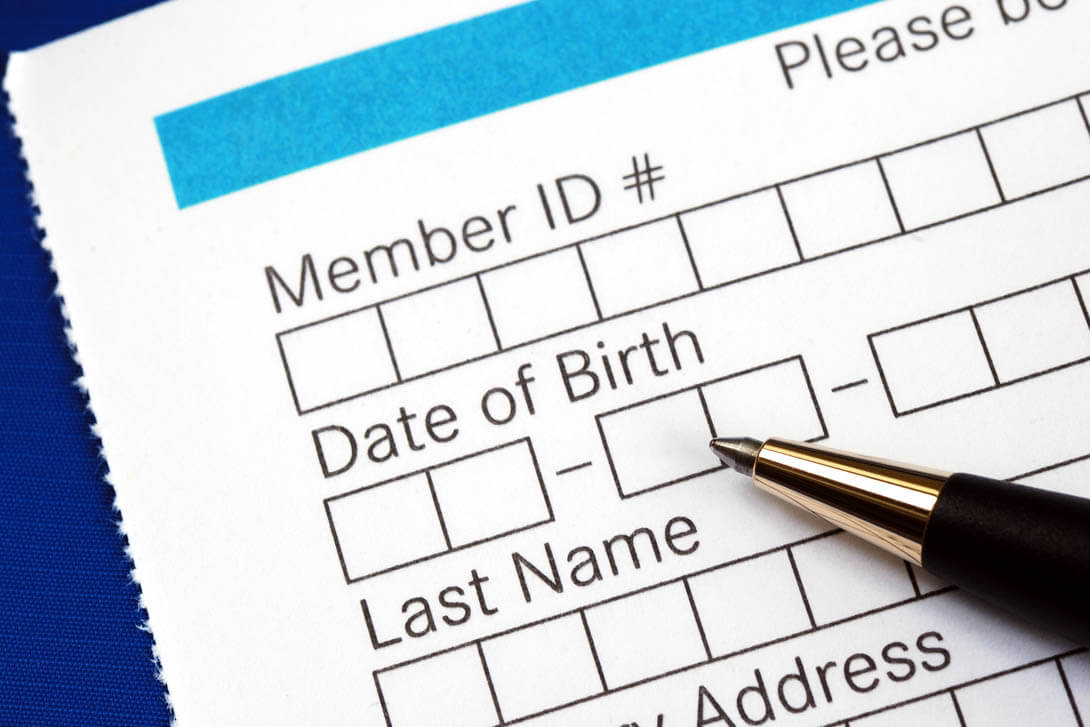What Is Personally Identifiable Information (PII)?
PII i.e., Personally Identifiable Information, is that particular data that can be utilized for contacting, locating, or identifying any specific user or individual. It can be done by itself or combined with some other sources, which are be accessed with ease. It might include the information linked to a user via medical/financial/educational/employment records.
A few of the data elements, which may be utilized for identifying any particular user or person, can consist of his biometric data, fingerprints, name, telephone numbers, email addresses, or social-security-number. The responsibility to secure PII and to safeguard other sensitive data and critical info rest with the federal agencies. It is a sort of Customer Information Security.
The Need for Personally Identifiable Information (PII)
PII laws are used as a primary method of an attempt at ensuring that corporate entities are restricted from sharing any personal info with any other third parties. The need to protect that sensitive information is also met by providing the requirements needed to do the same in the best possible way.
What Is the Importance of Personally Identifiable Information?
Even though our society had always relied upon PII laws for quite some time, but now protecting them has become all the more important lately, chiefly because of escalated incidences of hacking and other scandals. So, now that computer technology has advanced and the internet has seeped into every nook and cranny of the world with the cloud hovering upon the work systems, and improvements have gradually taken place, PII protection has become truly mandatory for most related organizations. Some other laws related to the various forms of PII include the following:
- FERPA
- HIPAA
- GLOBAL
- Privacy Act
- COPPA
- FCRA
Some PII Examples
Here are some PII i.e. Personally Identifiable Information examples. Even though the collection and selling of Personally Identifiable Information policy on a legal basis are identified as somewhat of a practical choice, but this could still be exploited by people with malicious intent like criminals who are wishing to commit cybercrimes or stealing some individual’s identity. As per the statistics by the FBI, these types of identity thefts are still taken as a fast-growing crime in many regions, which has enough capability of causing critical emotional & financial damages to all victims. Due to these threats imposed upon, most government bodies have formed legislation for limiting how personal info and data gets distributed. Some Personally Identifiable Information (PII) examples include the following:
- Personal identification number, like the number of driver’s licenses, patient-identification-number, social security number, passport number, or credit card number.
- A person’s full name, maiden name, or mother’s maiden name
- Asset information, including MAC address/IP, and other static identifiers, can consistently link any specific individual.
- Address information, including email address/street address and business/personal telephone numbers.
- Biological/personal characteristics, like images of any distinguishing features, retina scan, x-rays, voice signature, fingerprints, or face geometry.
- Information about the person, which is linked to his/her birthplace, birth date, activities, religion, geographical indicators, and educational/financial/medical data.
How Can a CASB Help Enterprises with PII Compliance?
The federal government needs firms to identify PII and handle the data securely. Any unauthorized leakage of this data can lead to very harsh repercussions for that particular person whose data and information are compromised. Also, the government entity stands responsible for protecting, securing, and safeguarding that specific data and information. Given the significance of PII laws, the government wishes to govern this usage even more efficiently.
The first step towards keeping this data secure is to understand what it is and how crucial it is. An efficient CASB solution can help organizations meet their PII compliance goals by imposing required restrictions that would check the unauthorized leakage of critical data. As per the needs of any organization, these CASB solutions can be customized.

